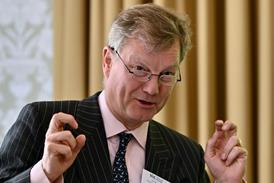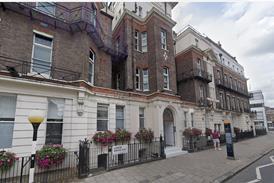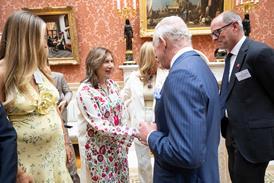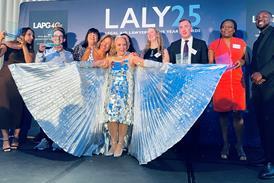Scientists and judges are working to make scientific evidence easier to understand in court by producing 'plain English' guides.
The Royal Society, the world's oldest, independent science academy, and the Royal Society of Edinburgh, an educational charity, have collaborated with the judiciary to produce 'primers' on DNA fingerprinting and forensic gait analysis. Forthcoming titles will include the physics of vehicle collisions.
The concise documents aim to present a plain English, authoritative account of a technique, as well as the technique's limitations and challenges associated with its application.
Forensic gait analysis is a relatively new form of evidence for UK criminal courts. Two or more video recordings are visually compared to establish whether they are of the same individual or different people based on the walking pattern. The primer states that such evidence is admitted infrequently but is likely to become more common due to the spread of CCTV cameras. 'It is also likely that other forms of video recording (from mobile phones, for example) will be offered as evidence in the future,' the document adds.
Lord Anthony Hughes, a Supreme Court justice and chair of the primers steering group, said: 'These are the first in a series of primers designed to be working tools for judges. They aim to tackle the agreed and uncontroversial basis underlying scientific topics, which crop up from time to time in courts. The objective is to provide a judge with the scientific baseline from which any expert dispute in a particular case can begin.'
The unusual collaboration between the judiciary and the societies was announced by Lord Thomas of Cwmgiedd as lord chief justice last year.
Dr Julie Maxton, Royal Society executive director, said 'rigorous, accessible science matters to the justice system and society'.
Hughes thanked the societies' 'eminent scientists for taking the time out to put complex science into a form which addresses practical trial-related questions from judges'. Professor Sue Black, a world renowned forensic anthropology expert, and Sir Alec Jeffreys, who invented genetic fingerprinting, helped to draft the documents.



























4 Readers' comments